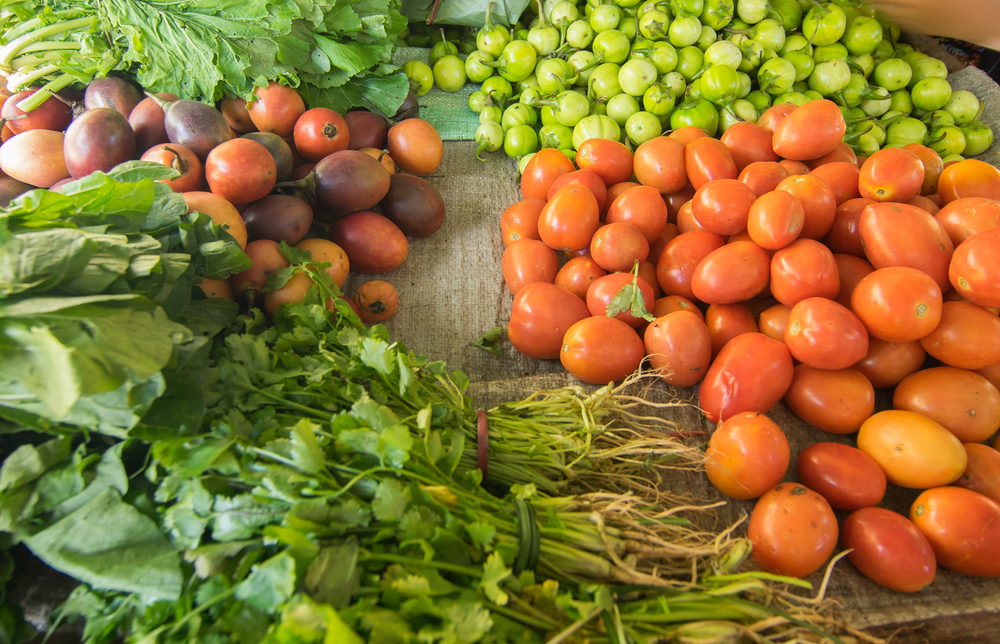Releases of new business we all love them, but let’s face it, sometimes it’s just hard to select them because you can’t get enough quality profitable business gathered up in markets to effectively use them. It is seen recently that the export of organic products has rapidly picked up substantially and has huge benefits. As the globe becomes more health-conscious, such quality products will immensely grow to be even more popular. Moreover, over the years, India has become familiar with and show the significance of organic Vegetables and Exports due to its massive agricultural process.
More importantly, launching an organic food business for export purposes needs professional planning and adept execution. With the immense usage of science and technology in agriculture rising massively, people will soon witness an organic farming revolution in India. But how one can export organic vegetables and cereals from India? In this blog, the users can take a look at the legal considerations of starting an export-oriented organic business in India.
With respect to Indian law, an organic product is one whose kind of production occurs by following particular prescribed standards for organic production. In short terms, these production techniques purely avoid high use of human-made fertilisers, professionally opting instead for natural products. In addition, the kind of method does not make use of growth regulators, chemical pesticides, and other types of additives.
It is also reported that Genetically-Modified-Organisms or GMOs also do not come under the tag of organic products as they are actually artificially synthesised. When we consider the modern context, this popular organic farming is a method that strongly focuses and aims to cultivate the land by nourishing the soil by the use of natural wastes. So thereby, the crops get their supply of nutrients from animal waste, biological materials, beneficial microbes, and types of farm wastes.
Legal requirements for beginning an organic business in India
In recent times, we experience more and more people have been largely trying to export organic products as the demand for them has risen immensely and considerably also. The huge growth of the organic industry in India is generally due to the following reasons:
- There is high demand for export to Europe
- Witnessing lowering of the price difference as technology improves
- Massive digital awareness and e-commerce penetration
- Good support from the Indian government
- Large rise in health consciousness
In order to begin an organic food business in India, there is a number of legal requirements that the entrepreneurs require to take into account. Moreover, no firm can name their product to be ‘organic’ if they don’t have the relevant certification to prove it. So it is good to contact a legal expert and go through Section 22 of the FSSAI as it details the legal requirements for such businesses. You can quickly look at the registrations, licenses, and certifications required for such a firm.
Mandatory licenses and certificates to export organic products
- Firstly organic food businesses in India must have the appropriate FSSAI registration.
- Businesses, whose main turnover does not exceed INR 12 lakh annually, should have an FSSAI Registration.
- Businesses whose turnover actually exceeds INR 12 lakh annually, should obtain an FSSAI State License.
- In situations the business generates over INR 20 crores annually, it should get an FSSAI Central License.
- The actual validity of such an FSSAI registration or license is five years, following which renewal is highly mandatory.
- Mandatory certificates such businesses need actually the India Organic Certificate. The organizations must display this mark on their outer packaging as per the popular FSS- Packaging and Labelling Regulations, 2011. Further, firms might acquire this certification from either PGS-India or NPOP.
- The firms can also obtain a voluntary logo from the FSSAI, which certifies that the product is organic.
Essential requirements for exporting organic fruits and vegetables are as follows respectively
- With the Phytosanitary certification: Certified by officials of the importing country.
- The Grade/quality standards: Appropriate certification regarding the quality, maturity, size, and grade of the product to export to Europe, the US, or Japan.
- About Pesticide and contaminants: You must check for the tolerance of contaminants and guarantee the products fall below the Maximum Residues Levels stipulated by the importing country.
- Instructions with respect to Label Certification
- Import clearance: The customs handling certificate that actually enables businesses to export goods to other nations.
Important Ways to export organic vegetables and cereal from India
- You must register as a valid business entity.
- Best to make sure you obtain all the required Tax registration, such as PAN and GST.
- Get the DGFT registration, which allows for import and export.
- You must contact a customs agent and set up the infrastructure to guarantee customs handling and clearance.
- Search a suitable buyer in a foreign zone and negotiate a contract or deal with them.
- Good to analyse the Food Laws of the particular country and make a checklist of all the licenses you require
- Then approach the FSSAI for registration and the NPOP for organic product certification.
- Get the valid and appropriate packaging, labelling and health certificates to make your products ready for export.
- Eventually, get the clearance required from the country you are exporting to. For example, to ship to the US, you require certification from the National Organic Standards.
GegoSoft is the best IT Services Provider in Madurai. We offer Cheap Web Hosting Services and also do web development services. Ready to work with reliable – Digital Marketing Services in Madurai
Our Success Teams are happy to help you.
We hope to enjoy you reading this blog post. Till you have any queries call our expert teams. Go ahead Schedule your Meeting talk with our experts to consult more.











